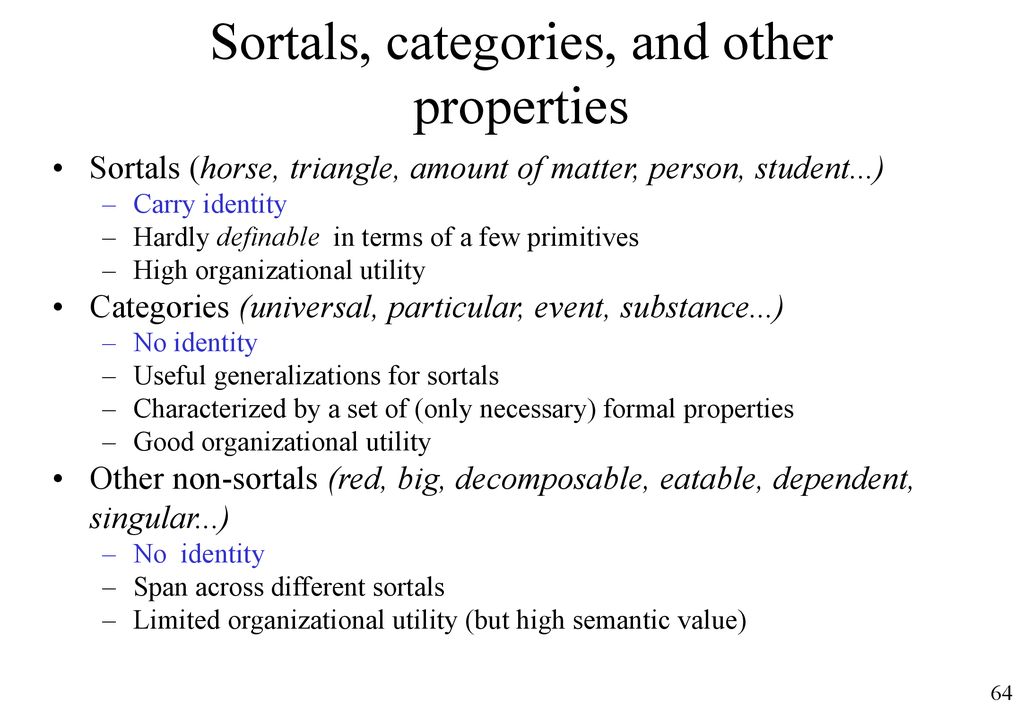If you like reading about philosophy, here’s a free, weekly newsletter with articles just like this one: Send it to me!
Three Stoic philosophers
One look at the three most prominent Stoic philosophers is enough to convince us that something quite remarkable is going on: Epictetus (55-135 AD) was born a slave. Seneca the Younger (4 BC-65 AD) was a celebrated philosopher and writer, and teacher to a crazy emperor of Rome. And Marcus Aurelius (121-180 AD) was himself the Emperor of Rome for almost twenty years. But he was also a soldier, and he died in the forests of what is now Austria, fighting the Germanic tribes that threatened Rome.
One slave, one man of society and letters, one soldier emperor: and they all shared the same philosophy of life. They all were Stoics. What philosophy could appeal to such a diverse collection of people, informing the lives of slaves and emperors alike? And could it be that such a flexible philosophy might also help us make sense of our own lives today?
Being in control
Everything that happens to you is either in your control to change or not.
This is the first important insight of Stoicism. If you miss the bus, then you should realise that this was in your control: you could have got up earlier and then you wouldn’t have missed it. If you fail an exam, you could have learned more for it, and then you wouldn’t have failed. For things that are in your control, the way to become happier is to actually take control of them, do what is necessary to get them right.
But what about things that are not in your control? You get a cold. You come to your office late because the bus (which you caught on time) broke down. You lose all your money in a financial crisis. Your boyfriend intends to leave you. How can you cope with events that are out of your control?
Of course, the first thing to do is to realise that you have no control. Trying to control what you cannot is surely going to make you miserable. You cannot force your boyfriend to love you. You cannot change the fact that you lost your money. You cannot change the weather. Even getting upset about such things is irrational and self-harming. There’s no point in that. So the first important skill for happiness is to be able to distinguish what you have control over, from what you don’t. Trying to control what you cannot is silly. Giving up control over what you can control is also giving up chances to more …
Read the full article which is published on Daily Philosophy (external link)







